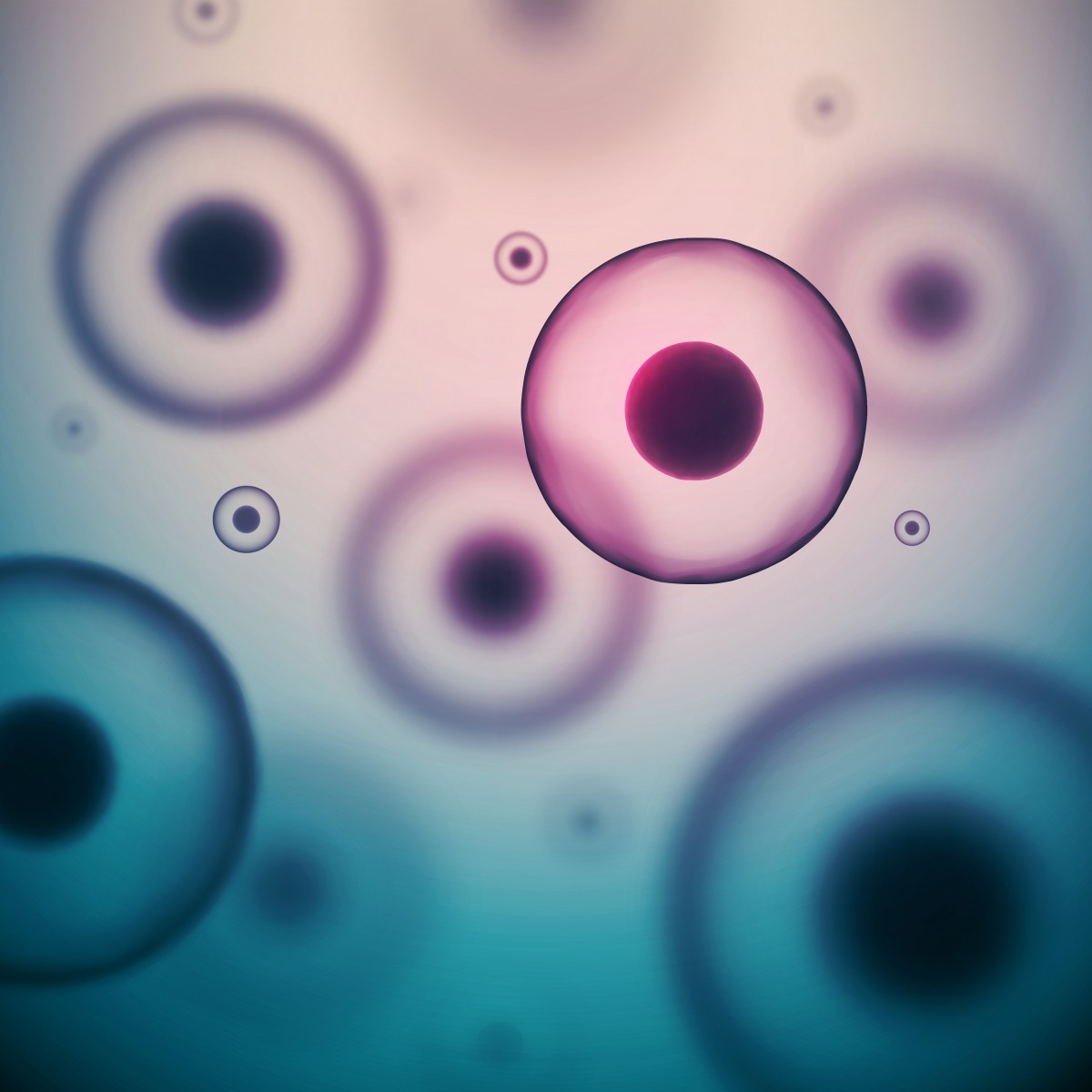NeuroVive to Partner with Hospital and Mitochondrial Expert on Experimental Compounds

NeuroVive will collaborate with the Children’s Hospital of Philadelphia (CHOP) and mitochondrial expert Marni J. Falk to evaluate experimental compounds the company is developing for the disease.
NeuroVive is working on substances that are both delivery vehicles and treatments. The delivery-vehicle components get the treatments to the cells, where they activate and fight disease.
The research team will study metabolism — or the burning of energy — and disease development in models of mitochondrial complex 1 dysfunction.
Complex I dysfunction occurs when one of the five mitochondria protein complexes that convert energy fails to function properly. The dysfunction plays a major role in diseases such as Leigh syndrome, mitochondrial myopathy, encephalopathy, lactic acidosis, and stroke-like episodes (MELAS).
The energy shortage the dysfunction triggers gets worse as the body’s need for energy increases — in cases of infection and fever, for instance. The shortage can cause serious symptoms and require intensive care.
NeuroVive is developing compounds under its NVP015 program that circumvent impaired metabolism. It hopes to reduce complications from mitochondrial disease by alleviating episodes and limiting organ damage.
The company is also working on a substance that can protect mitochondrial patients by inhibiting cyclophilin D. Inhibiting the protein prevents muscle fiber weakness in mitochondrial myopathy, studies have shown.
Falk, a physician, is director of the Mitochondrial Disease Clinical Center at CHOP, which is both a treatment facility for patients and a research center. He has experience in early experimental research and development of therapies, as well as in treatment-development processes.
“We feel fortunate to be able to initiate this collaboration with a well-recognized institution like CHOP and Dr. Marni Falk, a well-esteemed leader in the mitochondrial disease field,” Magnus Hansson, NeuroVive’s chief medical officer, said in a press release. “This is an important step in further advancing and strengthening our NVP015 program, as well as in the development of novel treatment opportunities for people with mitochondrial medicine disorders.”






